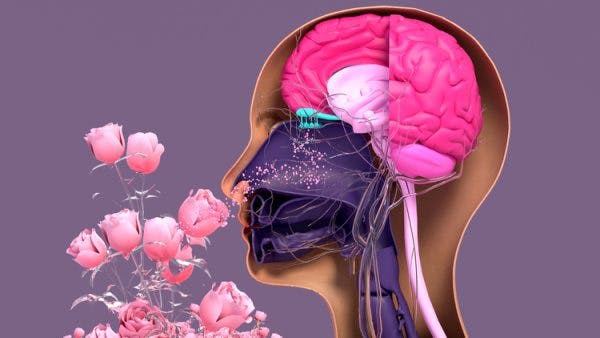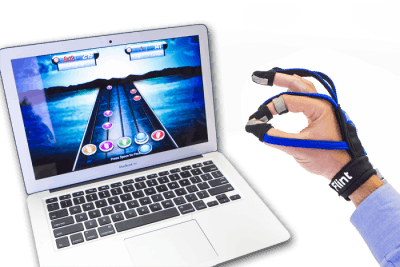No products in the cart.
No products in the cart.
No products in the cart.
No products in the cart.

Various cognitive and behavioral changes that impact one’s personality or emotions may occur following a brain injury. These changes can be referred to as the

Agitation is a common behavioral complication that can occur after traumatic brain injury. Typically, agitation develops during the early stages of brain injury recovery. However,

Anosmia refers to the complete loss of smell and can be caused by many neurological conditions, including head injury. Although anosmia affects around 20% of

Apraxia is a neurological disorder that interferes with the ability to properly execute a movement. This can make it challenging for an individual to perform

After sustaining a traumatic brain injury (TBI), survivors may experience feelings of sadness, hopelessness, or prolonged fatigue, which are all common symptoms of depression. It

Feeling cold after head injury is not uncommon and can be a secondary effect from head trauma. This does not apply to feeling cold when

Twitching after head injury can indicate a post-traumatic movement disorder such as tremors, myoclonus, or spasticity. However, twitching can also be a positive sign of

Numbness after head injury is most commonly associated with damage to the somatosensory cortex, an area of the brain responsible for processing sensory information such

Aggressive behavior after brain injury is often a direct result of damage to the areas of the brain responsible for emotion and behavior, such as

Foot drop after TBI refers to the inability to lift the front portion of the foot, a movement known as dorsiflexion. While foot drop can


Grab a free rehab exercise ebook!
Sign up to receive a free PDF ebook with recovery exercises for stroke, traumatic brain injury, or spinal cord injury below: